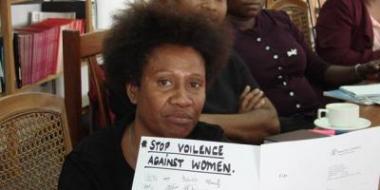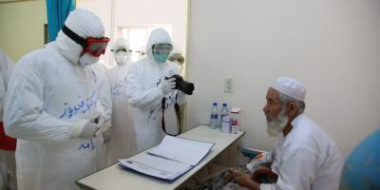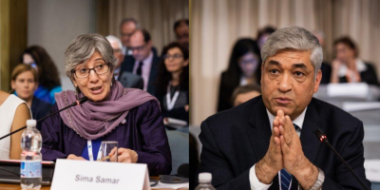Launch of Women’s Protection Centers Guidelines
The Afghan Shelter Network (ASN) along with the Ministry of Women’s Affairs (MoWA), with support from the International Development Law Organization (IDLO), will launch the 'Women’s Protection Centers Guidelines' for the Afghanistan Shelters Network, on the 25th of June 2014.











